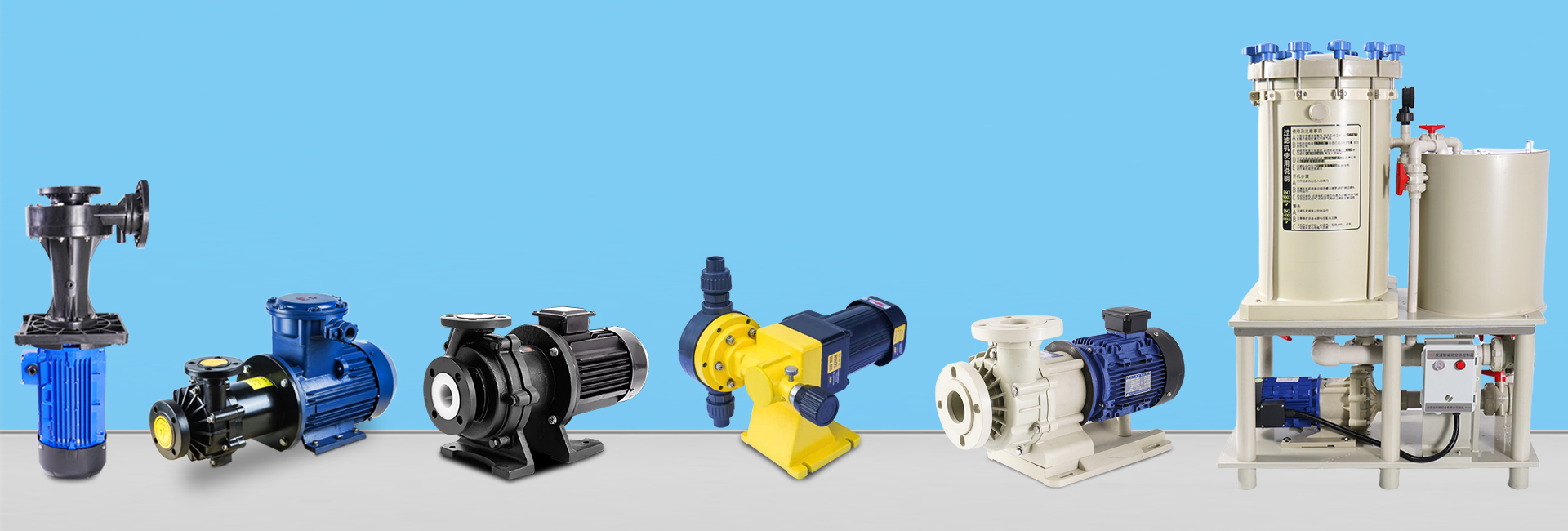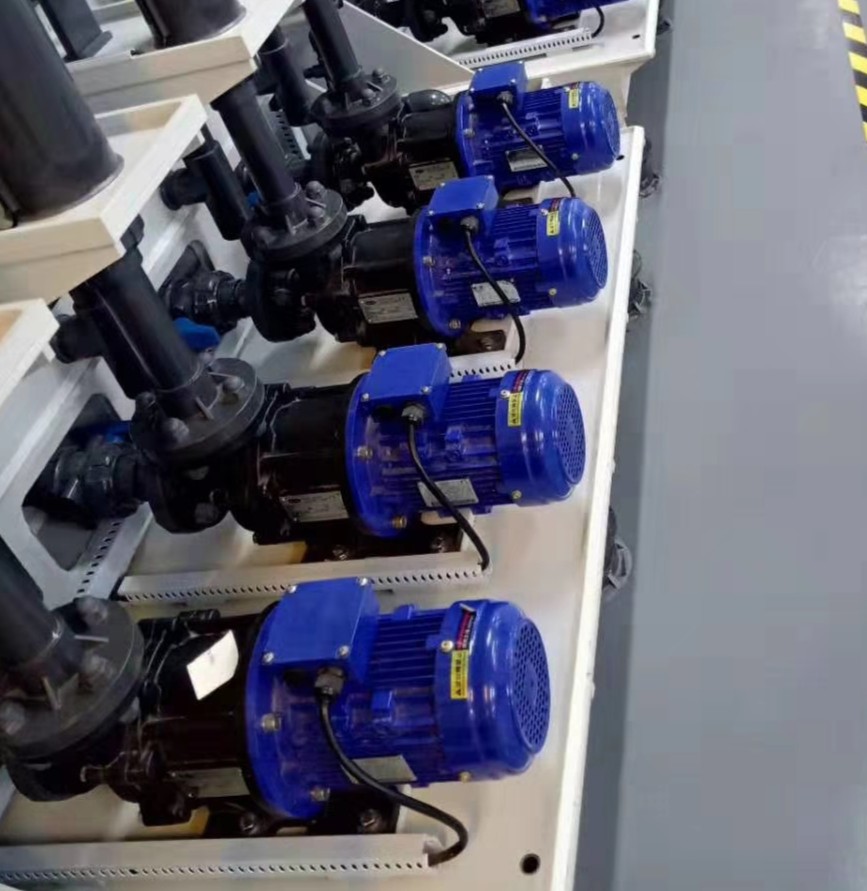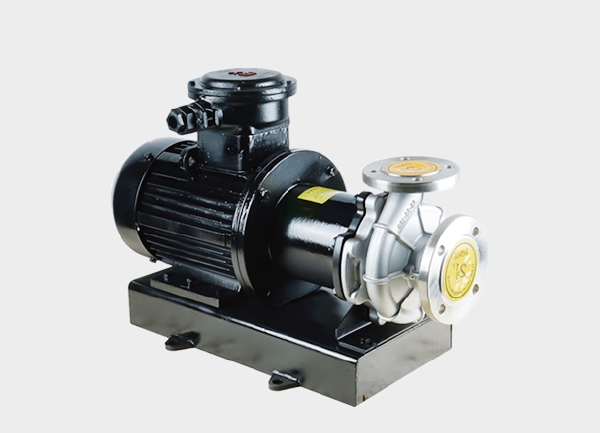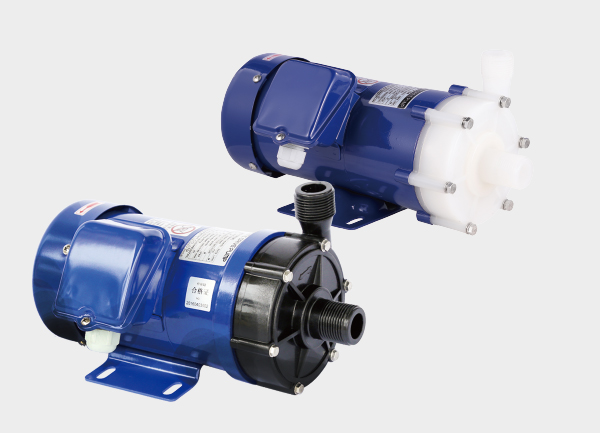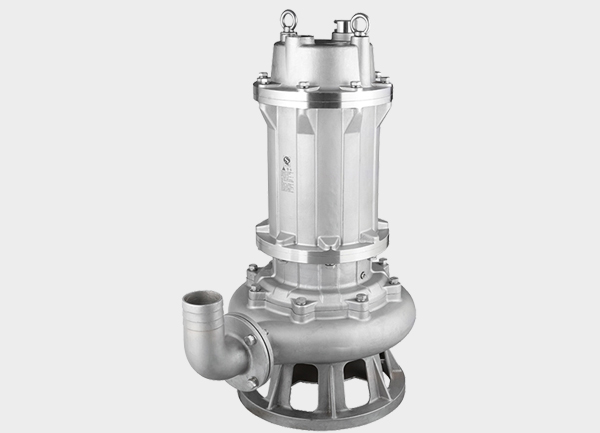What is an Acid and Alkali Resistant Magnetic Pump?
An acid and alkali resistant magnetic drive pump is a specialized pump designed to safely transfer corrosive liquids without leakage. Unlike conventional centrifugal pumps that rely on mechanical seals, a magnetic pump uses non-contact magnetic coupling to transmit power from the motor to the impeller. Combined with corrosion-resistant materials such as PTFE, PFA, PVDF, polypropylene, stainless steel, or Hastelloy, these pumps are widely used in industries handling acids, alkalis, and other aggressive chemicals.
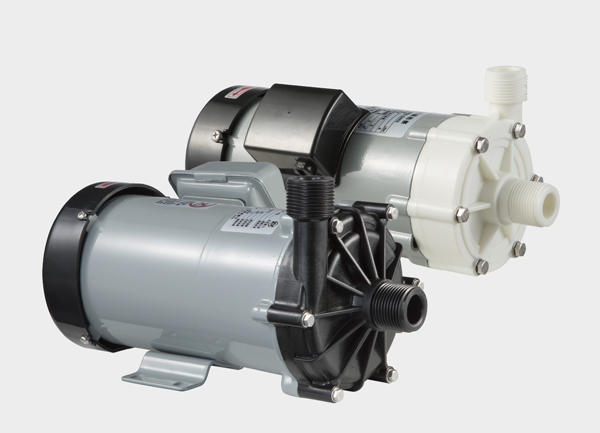
Magnetic Drive Pump
How Does a Magnetic Drive Pump Work?
Magnetic Coupling Transmission
The motor drives the outer magnetic rotor.
Magnetic force passes through the containment shell and drives the inner magnetic rotor.
The impeller, fixed to the inner rotor, rotates synchronously to move the liquid.
Sealless Design
There is no traditional shaft seal.
The pump chamber is completely isolated by a containment shell, ensuring a zero-leakage structure.
Fluid Transfer Mechanism
As the impeller rotates, centrifugal force creates suction at the inlet and pressure at the outlet, allowing continuous fluid transfer.
Why Acid and Alkali Resistant? – Material Science Behind It
Material Selection
Fluoroplastics (PTFE, PFA, FEP): Chemically inert, resistant to almost all strong acids and alkalis.
Engineering Plastics (PVDF, PPH): Excellent for medium-strength corrosive liquids and moderate temperatures.
Metallic Options (316L Stainless Steel, Hastelloy): Suitable for high-temperature corrosive fluids or applications involving some solid particles.
Containment Shell Design
Made from non-metallic composites or fluoropolymer-lined metals, ensuring both mechanical strength and corrosion resistance.
Corrosion Resistance Mechanism
Fluoropolymers have stable molecular structures, preventing electrochemical reactions.
Metal pumps with fluoropolymer lining stop corrosive ions from attacking the base metal.
Key Features and Advantages
100% Leak-Free Operation – Eliminates seal wear and leakage risks.
Outstanding Corrosion Resistance – Handles hydrochloric acid (HCl), sulfuric acid (H2SO4), sodium hydroxide (NaOH), sodium hypochlorite (NaClO), and many more.
Reliable and Stable – Magnetic coupling absorbs shocks and vibrations.
Low Maintenance Costs – No mechanical seals to replace, longer service life.
Versatility – Can be customized for high-temperature or high-concentration chemical transfer.
Typical Applications
Chemical Industry: Transfer of acid, alkali, and corrosive raw materials.
Pharmaceuticals: Safe handling of solvents and reagents.
Semiconductors & Electronics: Ultra-pure chemical delivery.
Environmental Engineering: Wastewater treatment, acid recovery, neutralization systems.
Metal Surface Treatment: Electroplating solutions, acid pickling circulation.
Engineering and Industrial Significance
Acid and alkali resistant magnetic pumps combine fluid dynamics, materials science, and electromagnetic technology. By solving the common problems of leakage, frequent maintenance, and safety risks found in traditional pumps, magnetic pumps have become essential for industries that demand safety, reliability, and environmental protection.
In modern chemical and manufacturing plants, adopting magnetic drive pumps is not just an equipment upgrade—it is a step toward green production, workplace safety, and sustainable development.

